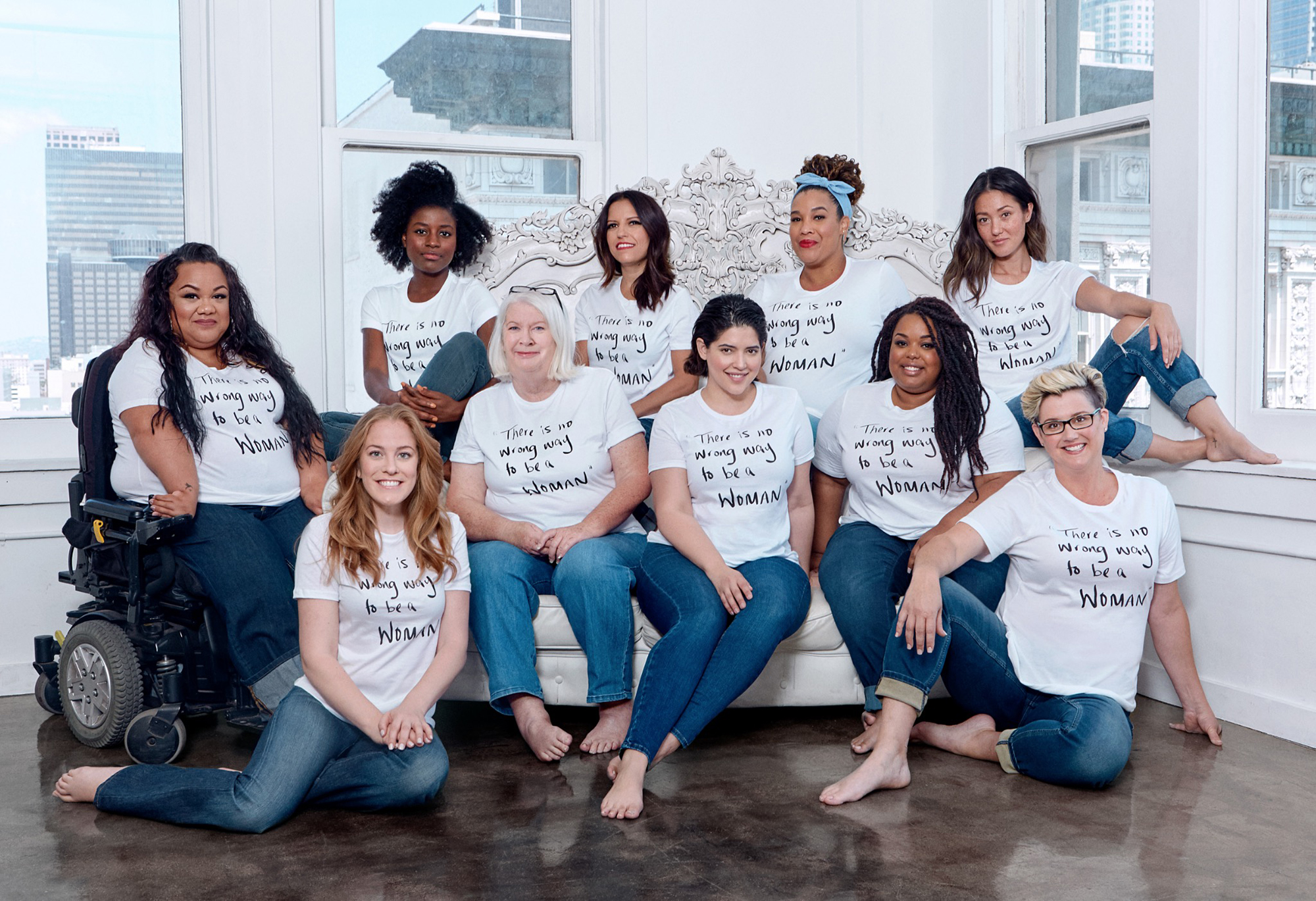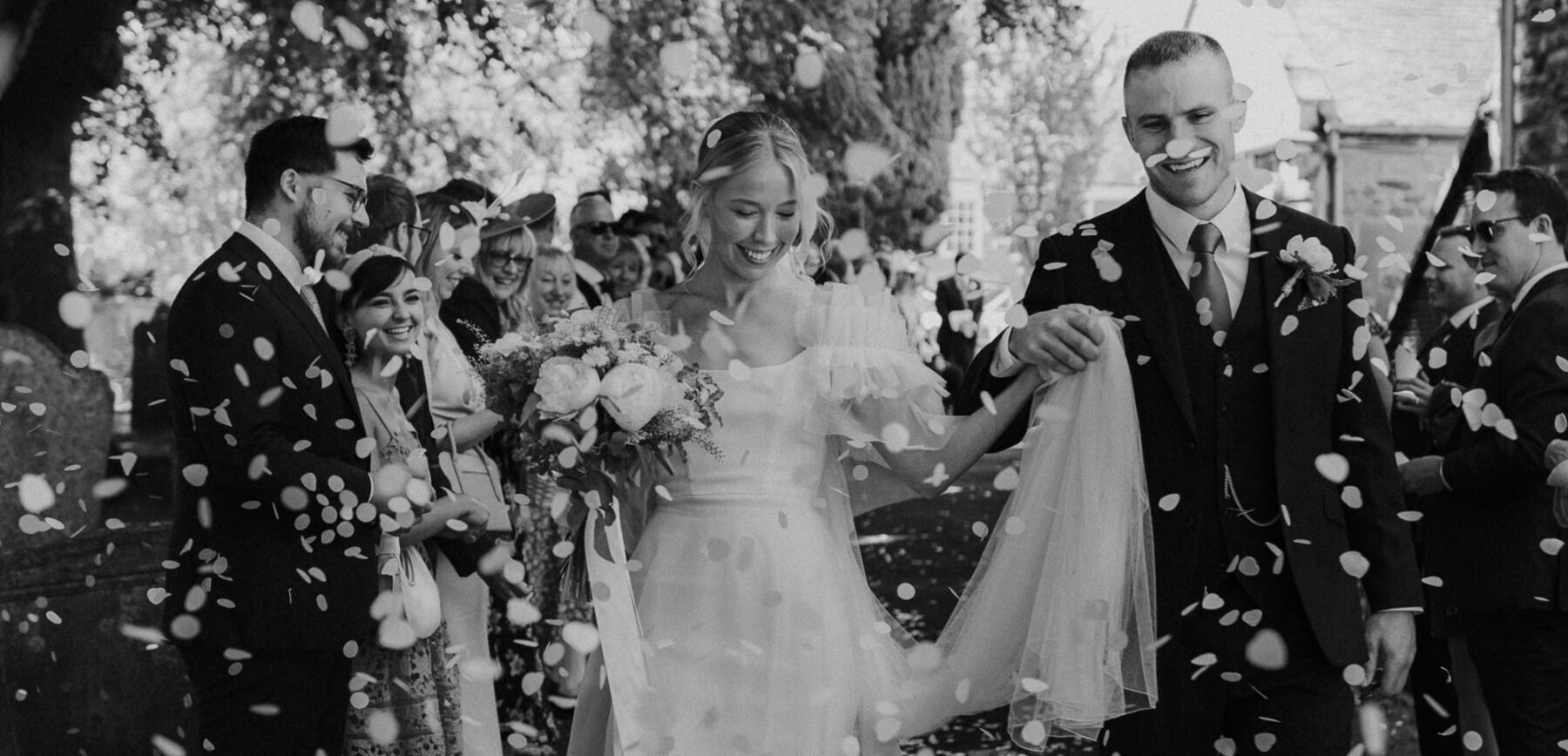I was asked to respond to a comment on Annabel’s recent blog post regarding how we navigate body positivity when also faced with a societal obesity epidemic – where does promoting health, fit with body positivity? When I came to respond though, I found I could not easily summarise my views into a paragraph. This one is complicated, sensitive and difficult.
For a long time now, I’ve felt frustrated by the way in which we pigeon hole these ‘movements’ into boxes we are seemingly in, or out, of. In doing so, it feels as though one cannot exist within a fluid state between them, when in actuality, we can. Take #cleaneating for example. I wrote my thoughts on this unhelpful practice in a previous post, but, putting those views aside for a minute, there is a sense that if you don’t promote ‘clean’ you are inextricably linked to the promotion of unhealthful foods and lifestyles. Actually… no! I am vehemently against anything ‘clean’ whilst absolutely pro nutritious fuel. I just exist in a way which does not exclusively recognise one over the other – there is room in our lives for nutritious eating, and for less nutritious, enjoyable eating.
I feel this way about body-positivity. It feels to me that society says body positivity cannot be linked with the promotion of health and wellbeing. You cannot be body positive and encourage a healthful lifestyle or healthful change at the same time. So, can we question that for a minute?
Body positivity as a concept is contentious to some anyway. The idea that we should love ourselves and our bodies is not always comfortable and does not always feel necessary. In this way, there is an argument for the promotion of #bodyacceptance over #bodypositivity. I can appreciate that stance, but for the purposes of thinking this through, I’m focusing on body positivity for a moment.
Celebrating your shape and size does not mean you are not recognising the health implications that that size and weight can have on some.
I actually sit in the camp of a person who likes the body positive movement. I like the idea that women, and men, are calling time on societal beauty standards and pushing their bodies forwards as beacons of pride and achievement. And let’s be honest, there are more of us who don’t fit societies perfect standard than those which do.
[instagram url=https://www.instagram.com/p/BfQ7SpXl-ck/?taken-by=bodyposipanda hidecaption=true]
The thing with body positivity is it has become synonymous with weight, specifically of those with larger bodies. And whilst that is fantastic as a voice against an unhelpful dieting industry, body positivity was actually a celebration of all different bodies. From #saggyboobsmatter (praise be for this!) to #effyourbeautystandards – this isn’t just a size movement. It’s a social media outpouring of shape, size, gender, sexuality, skin colour, pigmentation, tattoos, characteristics and features we don’t normally see promoted – from those with stoma bags in a bikini, to those with disabilities or skin conditions looking equally fly in high fashion, and the love of a post-baby body that refuses to be confined to a sweatsuit for the rest of eternity. To me this is where #bodyacceptance falls down – it’s ok to feel #bodymeh and not embrace #lovemyself but to me, body acceptance faces being seen as acknowledging your imperfections and accepting them. I feel however that what we need as a society is more than that – we need to stop seeing them as imperfections in the first place.
Looking at some of the popular faces of bodypositivity, take a favourite of mine @bodyposipanda for example, and you’ll see plenty of comments which shame her for openly sharing her body and encouraging others to love their rolls, their stretch marks, their jiggle and their cellulite. Because, they say, she promotes obesity and poor health by doing so.
[instagram url=https://www.instagram.com/p/BjFzi1QgILK/?taken-by=bodyposipanda hidecaption=true]
This is where we have got it wrong. There should be larger models in media representation. This does not promote obesity. It says it’s ok to love yourself as you are. It’s ok to be you. You have the right not to have to change. Change is a choice.
Lets’ remember: Healthy looks different on every body.
Celebrating your shape and size does not mean you are not recognising the health implications that that size and weight can have on some. It does not mean a disregard for evidence which links health concerns with certain weights and ways of eating, or mean that those health risks do not apply to you simply because you have self-love on your side. It does not mean encouraging people into a dangerous unhealthy lifestyle or not supporting those who wish to lose weight. It means being allowed to love the you that you are. Because doing so affords you the right to change for you.
Here’s how it links back to Annabel’s post. Loving who you are means you can change when, and if, it feels right for you to do so. Like Annabel, you may find a time in life in which change feels important and necessary for you and your health. I’m all for that, and supporting those who want to, especially for health. Equally, you may decide you don’t want to, and that’s ok too, actually. You are still afforded the right to feel confident and positive in your own skin, and I’m all for supporting that too.
I think the body positive movement stops the shame people feel for being a larger size – this is unequivocally positive.
Accepting ourselves for who we are is not a bad thing and accepting we’re a bigger size, and feeling confident about that, is not a promotion of obesity – it’s helpful to all of us. It’s possible to say some of the younger bloggers may experience health problems associated to weight when they are older – but not all will – and even if they do, they can make a choice about what to do with that then. They wouldn’t then have to stop feeling body confident about themselves, or telling the wold they are though. Because that’s the point isn’t it? We are learning as a society that we have a right to celebrate not only the ‘perfect’.
Annabel (who fully embraces body positivity herself) wondered whether body positivity had masked her own awareness of her body size and the associated implications for her. I emphasis ‘her’ because we cannot mass populate any weight to be an absolute description of health for all people – we all function differently (I’m hoping to touch on this with discussing ‘set-point weight theory’ soon). I can see that it is possible to say that normalising larger sizes can mask our awareness of health concerns about being at a higher weight . However from my view, I’m not sure it truly does this. To me, I think the body positive movement just stops the shame people feel for being a larger size. This is unequivocally positive. Shame never helped people improve their health. Compassion, acceptance and standing alongside someone when and if they were ready have always done so much more. In this way we can accept ourselves and others (be body positive) whilst also being pro health.
I believe in body positivity. I believe in inclusivity. I encourage healthful nutrition and movements, and promote health. I do not believe in clean eating. I do not believe there is one size to exist at. I do not being in an unhelpful diet industry. As far as I can see, it is possible to be fluid amongst all these concepts without contradicting any of them.
___________
Main image at top: Copyright thereisnowrongwaytobeawoman.com, via aplus.com




Brilliant post, Clare – this is a ‘contradiction’ I’ve often wondered about and I think it’s important to realise that you can celebrate your current beauty and confidence while still working towards “improving” yourself for you. I hesitate to use the word ‘improving’ because it’s quite a loaded word, but also I think it does recognise that none of us are perfect. We can always strive to feel healthier, stronger and even more beautiful, for our own benefit (not because society tells us we have to). That doesn’t mean, however, that we can’t celebrate where we are right at this moment. It’s possible to say “I will celebrate myself when I can run a marathon or deadlift my own bodyweight, but I also really like myself now and I’m still worth celebrating.”
Love this comment, thanks Alice! It’s so true. Body positivity isn’t all or nothing, and it isn’t saying don’t change ever, it’s saying I can feel confident in me now. I am allowed to feel confident and happy in my body as my body is, and change if and when I choose to, for myself, not because society made it impossible for me to think any differently about it. I also agree, improve is OK to use, but I vehemently hate ‘best version of me’ slogans – because where there is a best there is an equal and an opposite worst, and that is fraught with problems!!
Yes! I love this! “Shame never helped people improve their health” <- 1000x this!
This is a wonderful article Clare and such an important message. To me, it’s just another facet of the fight to take back ownership of our bodies. Beautifully and sensitively written and a great reminder that we really have no idea what anybody’s personal journey to health looks like or what step of that journey they’re on – so we all need to mind our own damned business and just let people live!